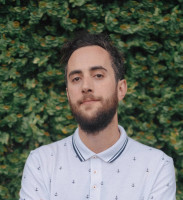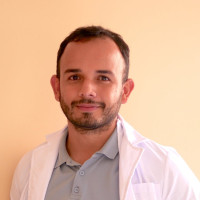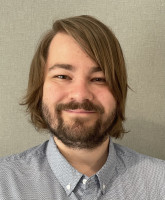Chronic & Non Communicable Diseases
Medical Treatment & Drug Development
Cancer
Clinical Data & Trials
Biotech- and Nanotechnology
Post-Doctoral Fellowships
Spain
Liquid biopsies : a promising alternative for cancer detection
Understanding tumour heterogeneity: the next big quest in cancer science
Because this area of research is so recent, studies about circulating tumour cells have so far mostly focused on enumeration alone. The number of CTCs present in the blood – only between 5 and 50 units per teaspoon of blood –, is used to classify the patient’s level risk. «The problem with that method , aside from the fact that you need a very powerful instrument in order to get an accurate number, is that it fails to take into account the variability among these cells, Dr. Alvès points out. Our study aims to go further and not just count the CTCs, but differentiate them by sequencing their genome». « Advances in the isolation of CTCs, together with technological improvements that enable single-cell genome resolution, suggest that it may be possible to quantify the contribution of CTC diversity towards disease progression », he continues. To carry out his project, Dr. Alvès is working hand in hand with three hospitals where patients with colorectal cancers are being treated. His methodology will consist of collecting blood samples from a total of 100 patients, then using state-of-the-art laboratory instruments to isolate the circulating tumour cells and sequence their genome, and finally exploiting the data collected to determine diversity statistics and compare them with the patient’s survival rates. This way, he expects to answer «crucial questions regarding the dynamics of CTCs and the potential prognostic role of CTC diversity».
The ability to study cancers with blood sampling is one of the most promising and rapidly advancing fields in cancer diagnostics. The accessibility of Circulating tumour cells, as well as the fact that they can originate from different places in the body, makes them incredibly precious sources of information about cancers. Information that researchers think could be key to cancer diagnosis or treatment. By focusing his research on whether the genetic landscape of CTCs can serve as an ideal proxy of the overall tumour diversity, Dr. Alvès’ approach is likely to make a significant contribution to this emerging field of research.

João
MIGUEL ALVES
Institution
Universidade de Vigo
Country
Spain
Nationality
Potuguese
Related articles
Medical Treatment & Drug Development
Terresterial Biodiversity
Agriculture, Crops & Soil Health
Biotech- and Nanotechnology
Insects & Microorganisms
Vaccines
Post-Doctoral Fellowship
Argentina
Harmless and Eco-Friendly Solution as an Alternative to Replace Synthetic Agrochemicals
Agrochemicals were introduced to protect crops from pests and enhance crop yields. However, they have become a long-standing concern due... Read more

Johan
RODRIGUEZ MELO

